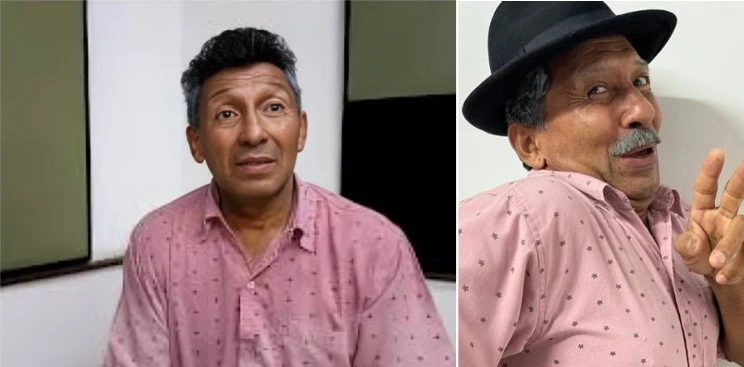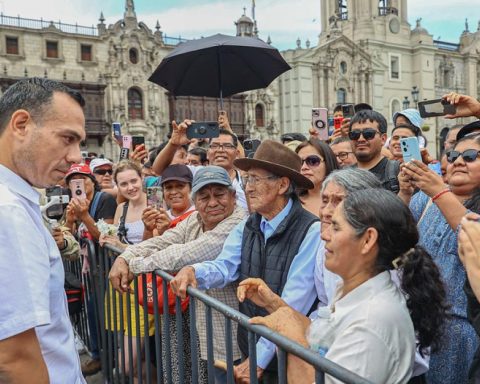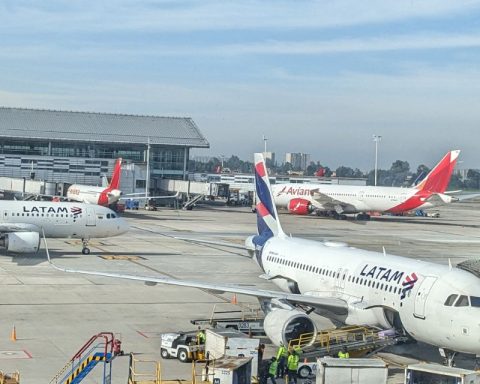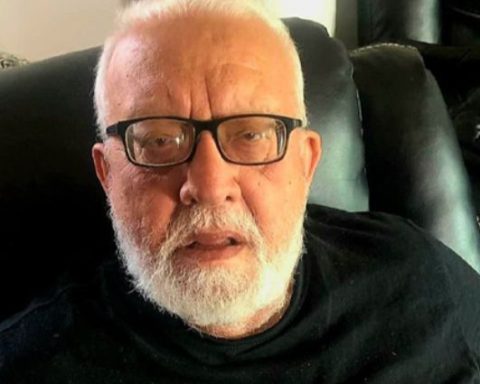AND
On November 20, The Chamber of Deputies approved the opinion of the constitutional reform initiative that eliminates seven autonomous constitutional bodies: the National Commission for the Continuous Improvement of Education (Mejoredu), the National Hydrocarbons Commission (CNH), the Energy Regulatory Commission (CRE ), the Federal Economic Competition Commission (Cofece), the Federal Telecommunications Institute (IFT), the National Council for the Evaluation of Social Development Policy (Coneval) and the National Institute of Transparency, Access to Information and Protection of Personal Data (INAI), whose extinction seems imminent once this initiative is approved by the Senate. This modification to our legal framework represents a serious turning point in terms of human rights and democratic strengthening in the country, the implications of which must be reviewed.
It is pertinent to establish that autonomous constitutional bodies carry out specialized tasks of public interest that cannot be carried out by the Executive Branch to avoid conflicts of interest or partial biases that would affect the poor performance of these functions. For example, the work of evaluating public policies in areas such as education or social, or the protection of transparency and access to information, are carried out by autonomous bodies to guarantee the objectivity of said evaluations and avoid opacity or inappropriate manipulation of information by authorities in defense of their own interests.
There have been two main arguments with which this reform has been promoted: the high cost of its operation and its inconsequentiality. Regarding the first, suffice it to say that the price to pay for not having an autonomous and neutral institutional system that limits the temptations of political control over critical areas of public life will be much higher, especially in a country as integrated as ours into the economic fabric. -global politician. So the argument in favor of budget savings is, to say the least, weak to justify the disappearance, especially if we consider that the budget of the autonomous organizations represents barely 0.5 percent of the total budget if we consider them as a whole and not only those that are intended to disappear. The armed forces, on the other hand, and to establish some point of comparison, have 5 times more budget than all autonomous organizations combined.
Regarding the narrative that accuses them of inconsequentiality, a historical account is essential. Mejoredu, for example, played an extremely important role in the adaptation of the educational system in times of pandemic, the IFT made important progress to guarantee the diversification and accessibility of telephone and Internet services, and Cofece served as regulator of fair competition in the market.
Coneval is one of the organizations whose disappearance is especially delicate, since it has allowed us to impartially know the advances and setbacks in social policy based on measurements of poverty and inequality. Lacking such an organization within the framework of a government that devotes great efforts to social policy and income redistribution means a clear setback for the evaluation of the impact of said social programs that would allow their effectiveness and efficiency to increase.
We cannot fail to mention that, within the framework of the promotion and protection of human rights, the extinction of the INAI represents a delicate loss. This organization is the result of a historic fight against the opacity of governments, which allowed for substantial progress in terms of transparency and accountability, two major axes of the democratic strengthening of our country. Thanks to the INAI, civil society has had access to highly relevant information for the investigation and evaluation of the authorities’ performance in cases such as the San Fernando mass graves, Tamaulipas, the disappearance of the Ayotzinapa students, the Tlatlaya case or the corruption plots of Odebrecht, Segalmex and the master scam.
We cannot deny, of course, that the INAI, like other autonomous organizations, has had shortcomings and offered important areas of opportunity, but its substantive function is essential for democratic strengthening and for the defense of human rights in the face of a State that has assumed an attitude of secrecy and opacity in cases of human rights violations, especially when the armed forces have been involved.
The intentions to assume from the Executive the tasks of the seven bodies that will disappear go against the grain of democratic strengthening, since their centralization threatens the objectivity and impartiality of the State and further weakens our fragile system of checks and balances. With all this, the big loser from this reform is society, since channels of participation, transparency and oversight of State activities are closed. Sad paradox: those who in 2001 championed the fight for the right to information from the PRD, today approve a regressive reform that takes us back several decades in our political history.










![[EN VIVO] Energy Commission approves preliminary question to improve the Reinfo opinion Bancadas tendrán que dar nombres de mineros informales "captados" por sus partidos. (Foto: Confemin)](https://latin-american.news/wp-content/uploads/2024/11/EN-VIVO-Energy-Commission-approves-preliminary-question-to-improve-the-1024x458.jpeg)





